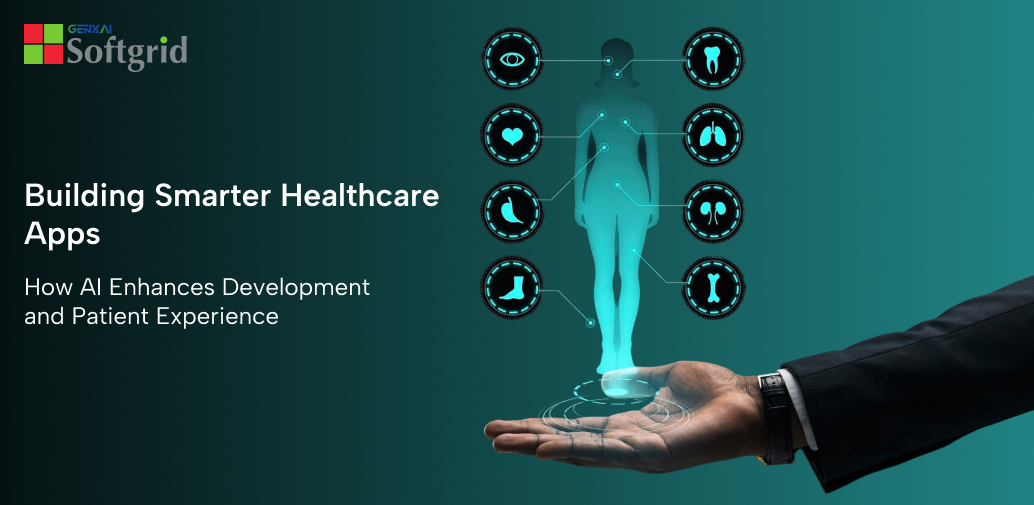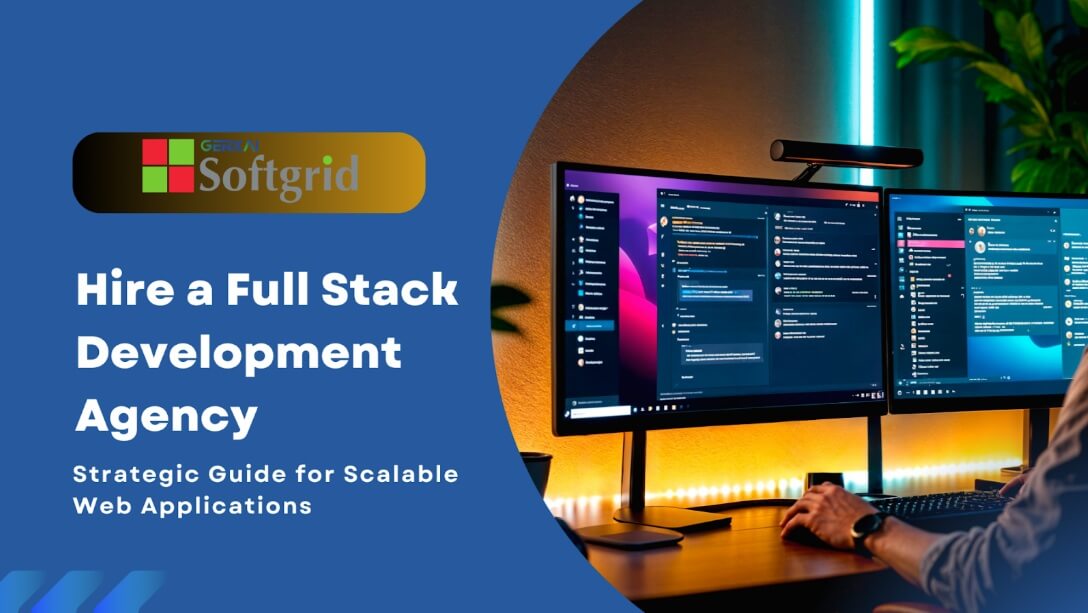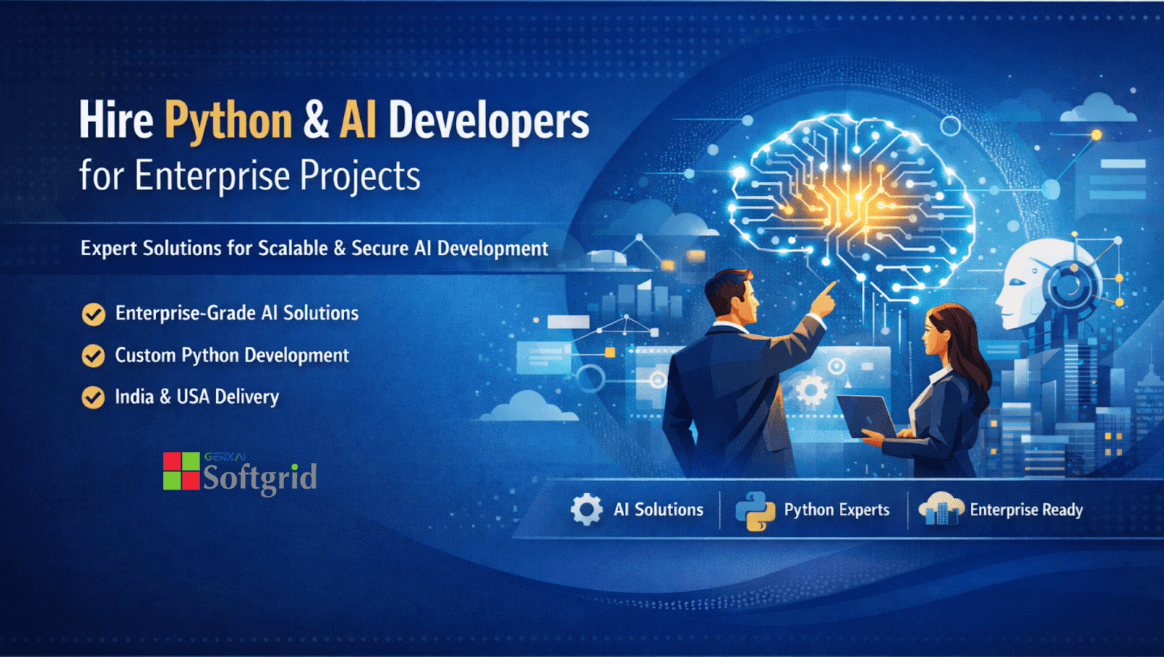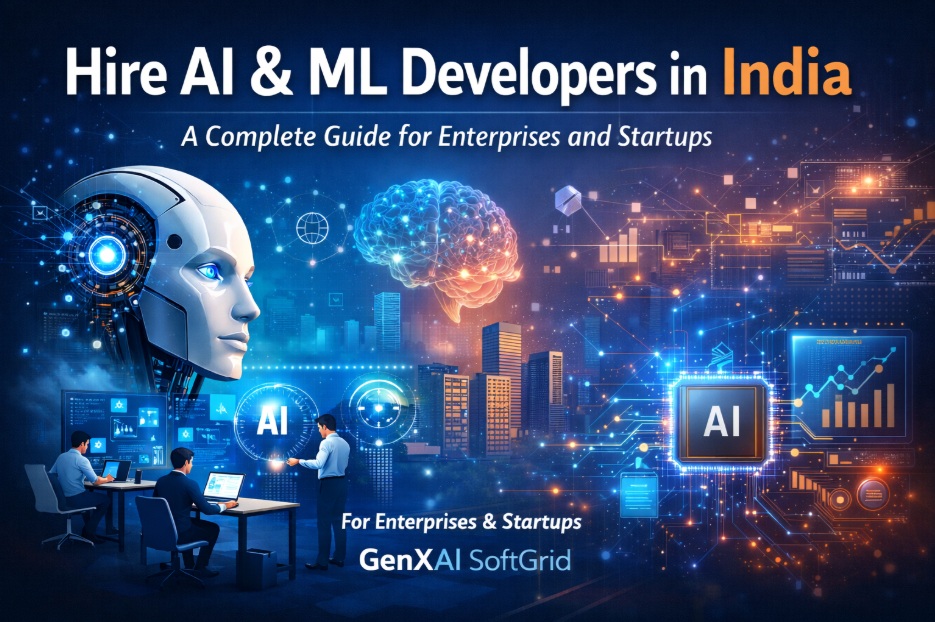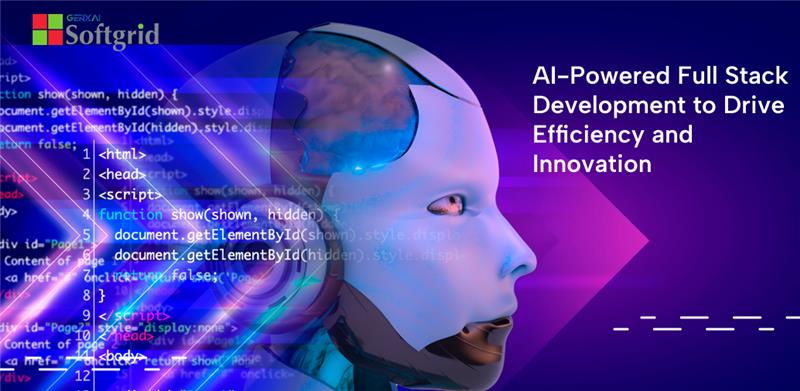In today’s fast-paced digital world, healthcare providers are under increasing pressure to deliver smarter, faster, and more personalized care. This demand has led to a major shift in how healthcare applications are developed. Artificial Intelligence (AI) is no longer a futuristic concept, it’s a foundational part of custom healthcare application development that enhances everything from backend systems to the user’s experience.
In this blog, we’ll explore how AI is shaping the landscape of healthcare software application development, and why healthcare organizations are turning to custom applications and cloud development services to meet evolving patient and industry needs.
The Need for Smarter Healthcare Applications
The traditional one-size-fits-all approach in healthcare is no longer sufficient. Today’s patients expect real-time access to health data, personalized treatment recommendations, and seamless digital interactions with providers. This is where healthcare custom application development comes into play.
Whether it’s a mobile app for chronic disease monitoring or a cloud-based platform for managing electronic health records (EHRs), healthcare providers need flexible and secure software tailored to their specific needs.
How AI Enhances Healthcare Software Development
1. Personalized Patient Experiences
AI helps developers build applications that can analyze patient data and deliver customized health insights. From symptom checkers to medication reminders, these smart features offer more value to users and promote better outcomes.
2. Faster and Smarter Diagnostics
AI models integrated into healthcare apps can assist doctors in diagnosing conditions based on large datasets and medical imaging. This reduces human error and improves accuracy.
3. Intelligent Automation
Through machine learning and natural language processing (NLP), AI enables automation in tasks like appointment scheduling, billing, and patient communication — freeing up time for healthcare staff to focus on care delivery.
4. Predictive Analytics for Preventive Care
With AI-driven predictive analytics, healthcare apps can identify high-risk patients and alert providers for timely intervention. This is a game-changer for population health management.
The Role of Cloud in AI-Driven Healthcare Development
To support scalable and AI-powered features, healthcare cloud development services are essential. Cloud infrastructure allows developers to:
- Access powerful AI and machine learning APIs
- Scale applications based on demand
- Securely store and manage vast amounts of sensitive patient data
- Enable remote access and real-time collaboration among care teams
Cloud-native architecture is now the backbone of healthcare development services that prioritize agility, security, and long-term scalability.
Custom AI-Driven Solutions in Action
Leading providers are investing in custom healthcare application development to address specific challenges like:
- Remote patient monitoring for chronic conditions
- AI-based mental health chatbots
- Real-time analytics dashboards for hospital administrators
- Smart triage tools for emergency rooms
Each of these solutions offers a tailored approach, delivering both clinical and operational value.
Key Benefits of AI in Healthcare App Development
- Enhanced diagnostic accuracy
- Improved patient engagement
- Lower administrative costs
- Real-time data insights
- Scalable and future-ready apps
Final Thoughts
AI is not just enhancing healthcare software application development, it’s redefining the entire patient care experience. From smart diagnostics to personalized treatment plans, the integration of AI into custom-built applications ensures a more proactive, efficient, and user-centric approach to healthcare delivery.
For healthcare providers looking to future-proof their digital offerings, investing in healthcare cloud development services and custom applications is the way forward.
FAQs
AI improves diagnostic accuracy, enhances patient engagement, automates tasks, and enables personalized treatment plans — making healthcare apps smarter and more efficient.
Custom applications offer tailored functionality, better integration with existing systems, improved security, and a user-centric design focused on specific medical workflows.
Yes, Google has improved multilingual support for Indian users, offering better accuracy in voice search and real-time translation in regional languages.
Cloud services provide scalability, secure data storage, real-time access, and seamless integration with AI tools — essential for building modern healthcare solutions.
Common AI technologies include machine learning, natural language processing (NLP), predictive analytics, and computer vision — all enabling intelligent automation and decision-making.
Yes, AI can analyze patient data to predict risks, enabling early intervention and personalized wellness programs — leading to better long-term health outcomes.

 Web and Full Stack
Web and Full Stack CMS and Frameworks
CMS and Frameworks Online Marketing
Online Marketing Cloud Services
Cloud Services ECommerce
ECommerce Mobile
Mobile